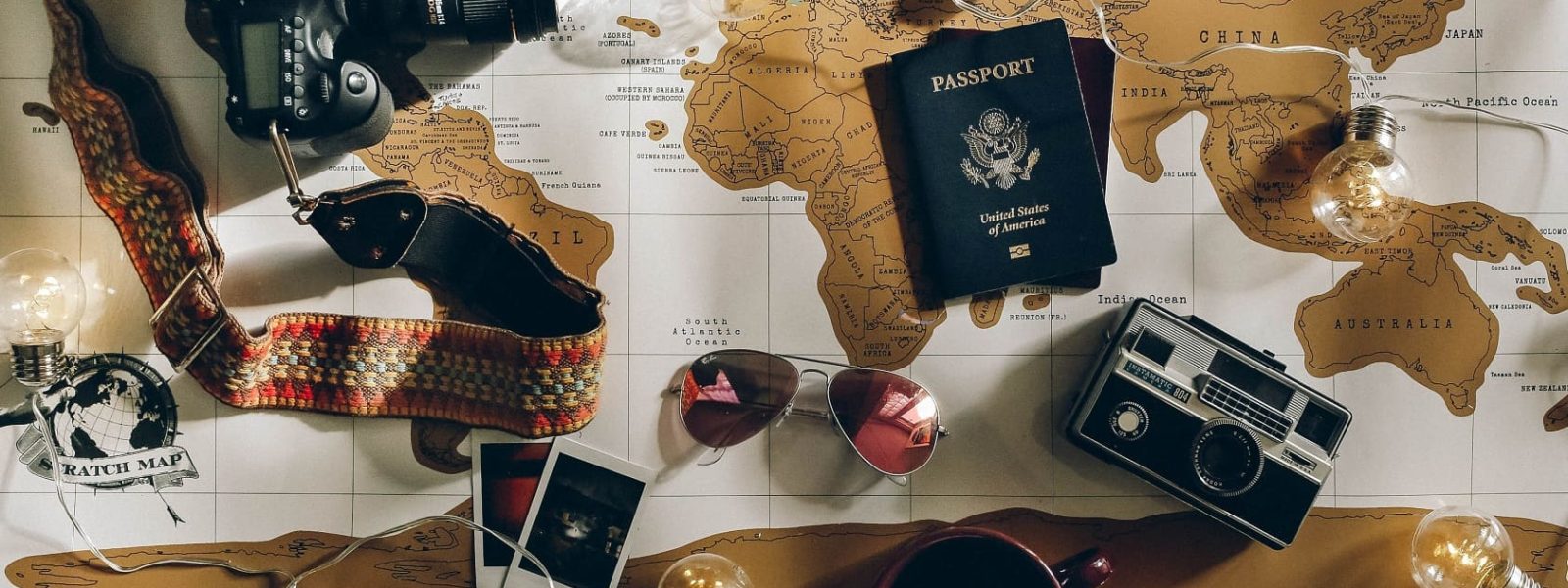Travel Tips & FAQs—Everything You Need to Know Before Visiting Lake Mburo National Park
Are you planning a trip to Lake Mburo National Park? Here’s everything you need to know before you go! From packing essentials and park rules to safety tips and permits, this guide ensures you have a smooth and unforgettable safari experience.
Located on the outskirts of Western Uganda, Lake Mburo National Park is an underappreciated treasure. From giant herbivores to small, uncommon birds, this little park is teeming with wildlife. Among the many topics covered in this travel guide to Lake Mburo are its fascinating history, the animals that inhabit it, the things to do and see while you're there, transportation options, places to stay, and more.
Frequently Asked Questions (FAQs) About Lake Mburo National Park
What to Bring for Your Lake Mburo Safari
Clothing:
Lightweight, breathable safari clothes (neutral colors like khaki, green, or brown)
Long-sleeved shirts and trousers (for protection against sun & insects)
Comfortable hiking shoes or closed sandals
Light rain jacket (especially during the wet season)
Wide-brimmed hat & sunglasses for sun protection
Warm layers for chilly mornings & evenings
Essentials:
Binoculars for wildlife and birdwatching
Camera with extra batteries & memory cards
Sunscreen (SPF 30+), insect repellent & lip balm
Personal medication & basic first aid kit
Reusable water bottle to stay hydrated
Power bank & adapter for charging devices
Safari Extras:
Guidebook or wildlife checklist
Notebook for journaling safari experiences
Small backpack for carrying daily essentials
Swimsuit (if staying at a lodge with a pool)
Park Rules & Regulations—Dos & Don’ts in Lake Mburo National Park
To ensure the protection of wildlife and visitor safety, the Uganda Wildlife Authority (UWA) enforces these important rules:
Stay inside your vehicle during game drives except in designated areas
Do not feed or disturb the animals
No littering; Always dispose of waste responsibly
No loud noises or music; Respect nature’s peace
Observe speed limits (40 km/h inside the park)
No night driving unless part of an authorized night safari
Drones are prohibited without a special permit
Camping is only allowed in designated areas
Follow the instructions of park rangers & guides
Park Fees & Permits
Lake Mburo National Park requires entrance fees and permits for certain activities. Below are the current rates (subject to change by UWA):
Entrance Fees:
-
Foreign Non-Residents: $40 per adult, $20 per child
-
Foreign Residents: $30 per adult, $10 per child
-
East African Citizens: UGX 20,000 per adult, UGX 5,000 per child
Activity Permits (Per Person):
-
Game Drive: Included in entrance fee (self-drive)
-
Night Game Drive: $40 (requires ranger guide)
-
Boat Safari: $30
-
Walking Safari: $15
-
Horseback Safari: $60–$80 (depends on duration)
-
Cycling Safari: $30
Tip: It’s advisable to book activities in advance, especially during peak seasons (June–August & December–February).
Safety Tips for a Hassle-Free Safari
Stay Hydrated: Carry plenty of water, especially during game drives.
Use Insect Repellent: To avoid mosquito bites, especially in the evening.
Respect Wildlife: Keep a safe distance from animals; do not provoke them.
Travel with a Guide: Experienced guides enhance your safari and ensure safety.
Beware of Tsetse Flies: Avoid wearing blue or black, as these colors attract them.
Secure Valuables: Keep your passport, cash, and gadgets in a secure place.
Have Travel Insurance: Covers medical emergencies, trip cancellations, and more.

